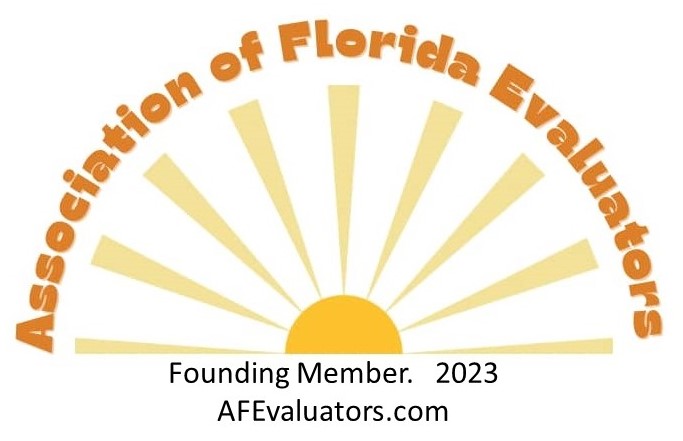|
Talking About
Florida Homeschooling... Evaluations and More |
A good evaluator works for the parents, assisting them in meeting legal requirements and in supporting them when districts overstep their bounds." |
Florida public colleges and universities. By Florida law students as young as 6th grade age can be allowed to participate (though some colleges only allow enrollment at a higher grade level--10th grade is a popular option. (Dual enrollment can also be done through private colleges or universities at the parent's expense.)
This program allows students to take college classes either online or in-person. Students must take a test for placement purposes (the SAT or ACT can be taken at local high schools by signing up through the website for the company running the test or some campuses use alternates such as the PERT or Accuplacer that can be taken, often with little prior notice, at the college campus' testing center). Books, materials, and fees are provided free-of-charge to home education students taking dual enrollment classes through a Florida public college. Universities may require students to pay for books and/or fees. (Students can start at a local college and later switch to a university for dual enrollment courses.) Many Florida home education students graduate with a two-year college degree before graduating from high school. To start the dual enrollment process, contact a local college. They may require you to sign your child up for a student ID number first and then attend an orientation session (which will likely be online these days) to get more information about how the program works at their particular school. Typically, there are limits to the number of courses that can be taken at a time--the college we used limited students to 2 courses per semester (6 courses per year if taking courses during the summer) except for the senior year when they could opt for Early Admissions and take a full slate of courses. Our kids then got ID cards and took a placement test at the college computer testing center. A form must be signed by the local Home Education contact at the district verifying that the student is in compliance with home education law. (If your child is new to homeschooling and hasn't yet done an evaluation, the Home Education contact may require test results in order to sign off.) We had to submit all documentation together, including a form stating which classes we permitted our children to register for (I signed as both the parent and the guidance counselor since they are homeschooled). Then they were allowed to register online for classes. Many community colleges have rolling registration so students can sign up year-round and classes start at fairly frequent intervals; some, especially larger universities, may require registration by a certain date in the spring in order to take classes in the fall. Check with your college or university for more details on how they work. See below for our story with details on how we started and for other information on earning college credit. Cheryl Trzasko
0 Comments
Your comment will be posted after it is approved.
Leave a Reply. |
Archives
April 2024
Categories
All
|

 RSS Feed
RSS Feed







